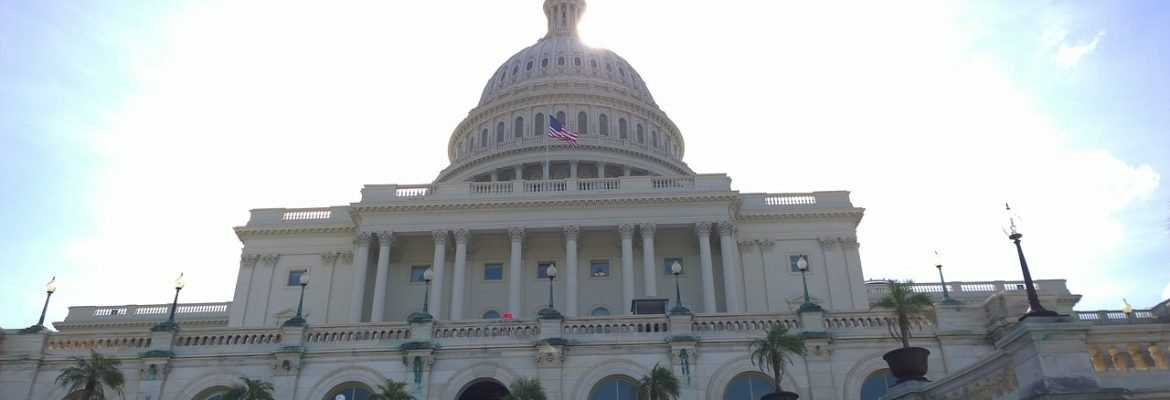GAO conducts to assist policymakers, comprising Congress, federal agencies, state and local governments, observing seamless blockchain enactment. As per the proposal of the United States Congress, the U.S. Government Accountability Office or GAO laid out 4 policy choices to assist policymakers to implement blockchain technologies while improving advantages and mitigating challenges. The technology assessment shared by the GAO acknowledged the ability of blockchain technology in enhancing a variety of economic and non-economic applications instead of bringing up problems about initiating new challenges while attempting to decide problems similar to traditional systems.
A blockchain might boost the speed of a title registry system and lessen the price of title security by making title enrollment simpler and more responsible. Though, some of the challenges brought out in the research comprise unlikely benefits, information dependability and legal submission. While policymakers have the right to conserve the status quo, the GAO proposed four policy choices to lessen the decision-making procedure that goes behind mainstream blockchain enactment — standards, oversight, academic aspects and applicable uses.
According to GAO, a supervision policy can assist to deal with challenges with legitimate and regulatory apprehension and regulatory arbitrage. The 4th policy option, reasonable uses, discusses mitigating challenges around threats to the economic policies and indefinite advantages and prices. On the 5th of March, the Senate of Virginia unanimously authorized a bill amendment request that now enables traditional banks in the nation to furnish cryptocurrency custody assistance.
Have a look at this- Research: Bitcoin mining could be decent for US energy liberation







